Supernova
by Or Graur
In his book Supernova Or Graur, Senior Lecturer in Astrophysics at the Institute of Cosmology and Gravitation at the University of Portsmouth, introduces his field. Graur does research on Type Ia supernovae but has also spent a lot of time doing public education and outreach, including working with high school students. The book is interesting, informative and very clear. It makes you want to go out and look at the night sky.
Our most recommended books
-

Jellyfish Age Backwards: Nature's Secrets to Longevity
by Nicklas Brendborg -

Nuts and Bolts: Seven Small Inventions That Changed the World in a Big Way
by Roma Agrawal -

Taking Flight: The Evolutionary Story of Life on the Wing
by Lev Parikian -

The Exceptions: Nancy Hopkins, MIT, and the Fight for Women in Science
by Kate Zernike -

An Immense World: How Animal Senses Reveal the Hidden Realms Around Us
by Ed Yong -

Breathless: The Scientific Race to Defeat a Deadly Virus
by David Quammen
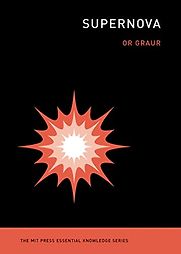
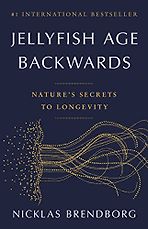
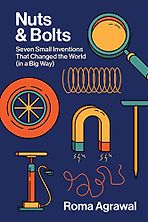
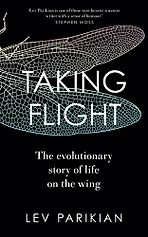
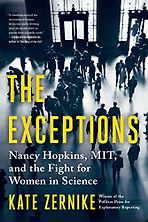
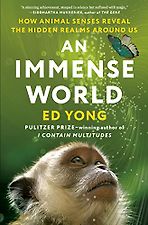
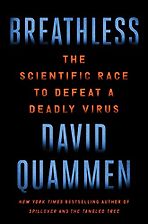
The book, according to the author